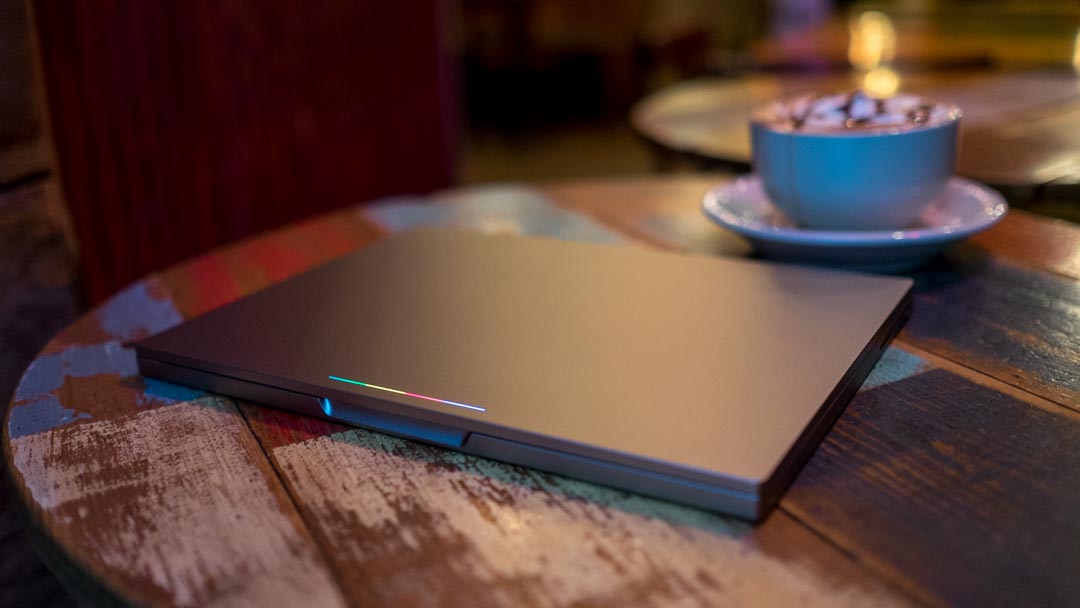Microsoft eyes yet more profit from Android and Chromebooks
Capitalising on the Linux kernel

Microsoft is ramping up its patent money making machine through a deal with Qisda that will keep it extremely relevant on Android smartphones and Chromebooks.
Thanks to a worldwide patent licensing agreement signed late last week, a range of Qisda and BenQ devices running Android and Chrome now falls under the terms of Microsoft's burgeoning patent portfolio.
"Today's agreement demonstrates the power of licensing to accelerate innovation, because it will provide Qisda with greater patent protection as it brings new devices to market," said Nick Psyhogeos, vice president and executive director of Microsoft Technology Licensing.
Microsoft has been playing a big part in Google's successful mobile OS for some time and it even proclaimed that over 50% of Android OEMs had deals in place with the Redmond-based firm in 2013. That translated into an extra $2 billion (around £1.31 billion, or AU$2.51 billion) for Microsoft's bean counters and, ultimately, Microsoft is profiting from Linux given that both Android and the Chrome OS are based on the kernel.
Samsung controversy
This strategy hasn't been without controversy and a court dispute against Samsung finally came to a conclusion in February after a six-month long quarrel over a seven-year patent licensing agreement signed in 2011. The years-long legal quarrel was worth some $1 billion (around £650 million, or AU$1.25 billion) per year to Microsoft.
Psyhogeos went on to explain the latest agreement with Qisda and BenQ means it has patent licensing agreements with almost every single top Taiwanese OEM out there. So whilst their own Windows Phone OS (soon to be Windows 10) is languishing behind Android and iOS, Microsoft will be more than happy to pick up as much cash as possible courtesy of the two Google operating systems.
- Check it out: Windows 10 release date, price, news and features
Sign up to the TechRadar Pro newsletter to get all the top news, opinion, features and guidance your business needs to succeed!